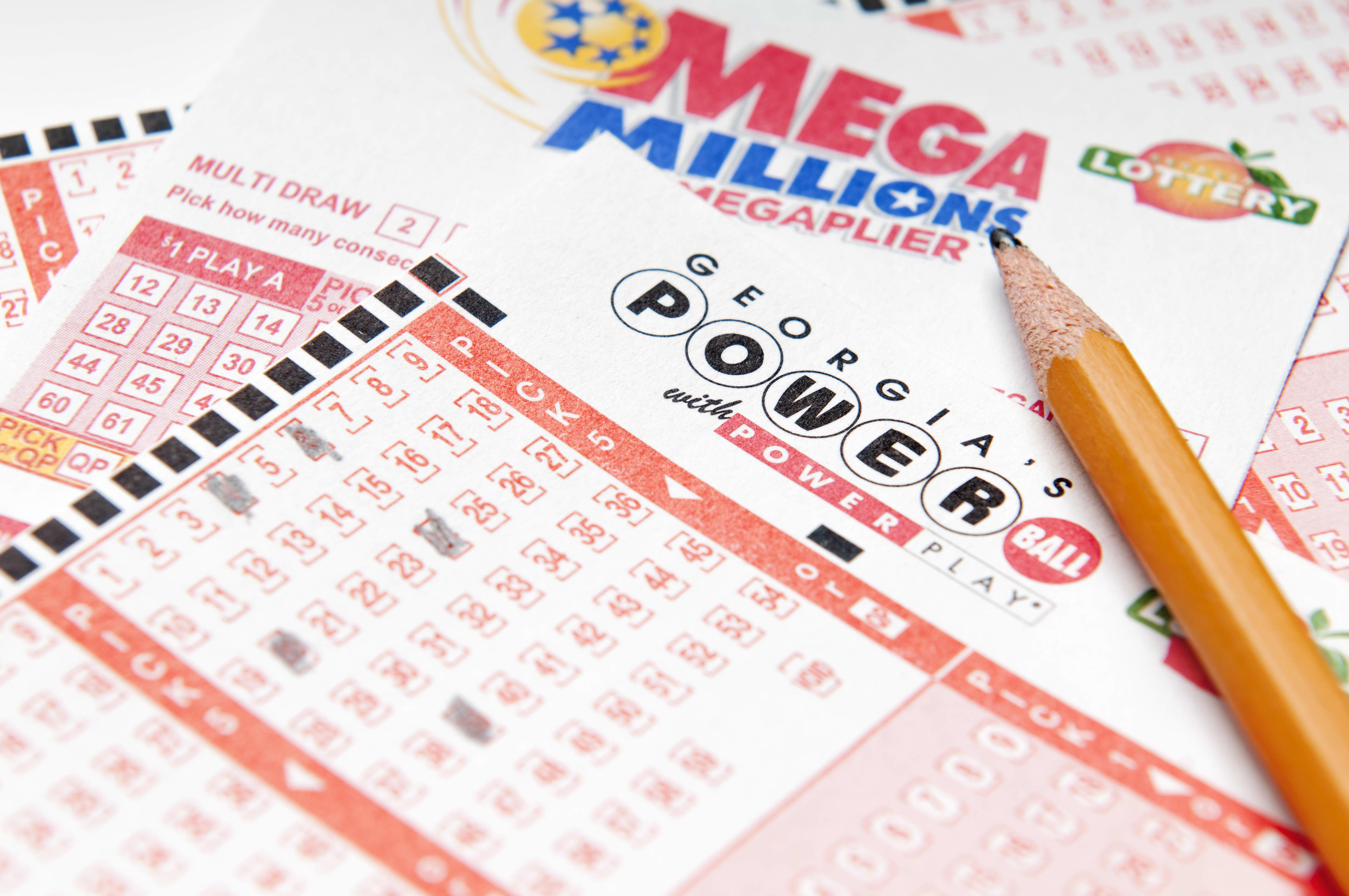
The Mega Millions jackpot has surged higher.
After no ticket matched all six numbers drawn on Friday, the top prize is now $ 432 million for the next drawing on Tuesday night. Powerball’s jackpot is at $ 384 million for Saturday night’s drawing.
While the chance of a single ticket matching all six numbers in either game is miniscule — 1 in 302 million for Mega Millions and 1 in 292 million for Powerball — it’s still worth considering how you would handle such a windfall if you were to beat the odds.
The after-tax amount would be life changing. Experts say large lottery winners should assemble a team of experienced professionals — an attorney, a tax advisor and a financial advisor — to help navigate the windfall.
Here are some things winners should consider before heading to lottery headquarters to claim their prize.
Who can I tell?
The general advice is to tell as few people as possible. Due to scammers and strangers’ penchant for tracking down lottery winners, it’s best to keep the exciting news close.
You may be able to shield your identity from the public, depending on what state you’re in.
Only a handful allow winners to remain completely anonymous. In others, you might be able to claim the prize via a trust or limited liability corporation, or LLC, that doesn’t have your name on it — yet you need to plan for that.
You really should never take the money in your individual name if possible.Kurt PanousesFounder of Panouses Law Group
“You really should never take the money in your individual name if possible,” said Kurt Panouses, founder of Panouses Law Group in Indialantic, Florida, and an expert in helping lottery winners.
Lump sum or annuity?
You get to choose between receiving your win as a lump sum of cash or as an annuity spread out over three decades. Either way, the money will be taxed when you receive it.
Right now, federal income taxes are low from a historical standpoint — and it’s impossible to know where they may be years from now. This means that from a tax perspective, it could cost you more to take the annuity because tax rates are more likely to increase down the road than decrease, experts say.
“So the question is do you want to pay all this income tax this year, or take the money over many years not knowing where we might be income-tax-wise in 10 or 15 years,” Panouses said.
What is the tax hit?
Before the windfall reaches you, 24% will be withheld for federal taxes. However, because the top marginal rate is 37%, you can count on owing more at tax time — which would be April 2022 for prizes claimed in 2021.
For the $ 432 million Mega Millions jackpot, the lump sum option is $ 329.7 million. The 24% withholding would mean $ 79.1 million going to Uncle Sam, leaving you with $ 250.6 million.
More from Personal Finance:
Workers left almost all 2020 vacation days on the table
Avoid these mistakes when divvying up assets in divorce
Not all end-of-life decisions are covered in a will
Assuming you had no reduction to your taxable income — such as large charitable contributions — another 13%, or about $ 42.8 million, would be due to at tax time. That would be $ 121.9 million in all going to the IRS.
For Saturday night’s $ 384 million Powerball’s jackpot drawing, the cash option is $ 295.4 million. The 24% federal withholding would reduce that by $ 70.9 million, with another 13%, or $ 38.4 million, due at tax time. In all, that would be $ 109.3 million going to federal coffers.
And then there are state taxes. They range from zero to more than 8%, depending on where the ticket was purchased and where the winner lives. In other words, you could end up paying more than 45% in taxes.





